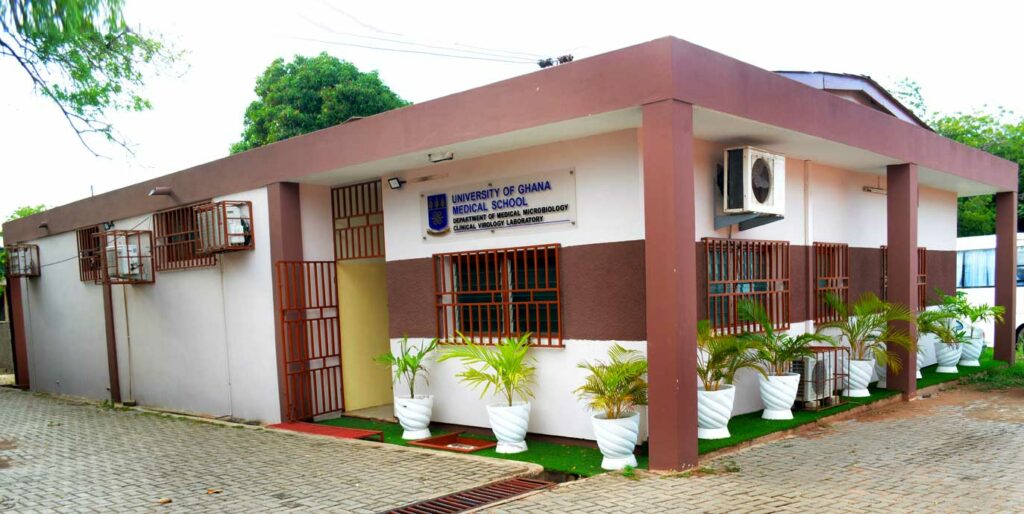AfDB approves $27m grant for Ghana post-COVID-19 recovery efforts to create jobs for youth, women
 The Board of the African Development Bank (AfDB) has approved a $27.19 million grant to Ghana towards the country’s post-COVID-19 recovery efforts.
The Board of the African Development Bank (AfDB) has approved a $27.19 million grant to Ghana towards the country’s post-COVID-19 recovery efforts.
The Bank announced the grant last week in a press release. According to the release the grant is to be used to enhance higher-level skills delivery in the health system and for infrastructure for skills development and job creation for youth and women.
The Bank says the post-COVID-19 Skills Development and Productivity Enhancement Project, comprising two interrelated technical components and a project management component, will be implemented by Ghana’s Ministry of Finance over five years — from 2022 to 2027.
Targeted primary beneficiaries include youth and women operating small businesses and cooperatives, including people with disabilities. Overall, the project will benefit at least 24,800 people directly and 50,000 indirectly, it added.
Commenting, Martha Phiri, the Bank’s Director for Human Capital, Youth and Skills Development said: “This grant aligns with what the Skills for Employability and Productivity in Africa (SEPA) Action Plan 2022–2025 seeks to achieve. Under SEPA, the Bank will support African countries to invest in science, technology, engineering and mathematics, as well as technical and vocational training to improve productivity and drive innovation across the continent. It is our blueprint for equipping Africans with the skills the labour market requires.”
The release indicated that the grant will support the University of Ghana to build three facilities for microbiological research and training, biotechnological research and nursing, and midwifery research and training. The capacity-building aspect of the project will involve the skilling of lecturers, researchers and health workers in higher institutions of education and health-related fields at the University of Ghana. This support will help increase human resource capacity to manage current and future diseases in Ghana, it added.
It further noted that the project will enhance women’s access to credit, financial literacy and information sharing, with a focus on women-led Micro, Small and Medium-Scale Enterprise (MSMEs).
In addition, the project will provide a credit facility to support women and youth significantly affected by the COVID-19 pandemic at affordable interest rates — 12 per cent per annum. The intermediary and rural and community banks will provide the credit facility to avoid high-default rates associated with government-sponsored credit schemes. Rural banks will participate by ensuring loan repayments and improving the efficiency and timeliness of small-loan processing, it said.
The Bank’s Director-General of the West Africa Region, Marie Laure Akin-Olugbade, said: “The restoration of livelihoods through strengthening the capacities of MSMEs, as well as the building of infrastructure at the higher education level for health-related skills development, will be a major morale booster for women affected by COVID-19 and will set the stage for fighting diseases and future pandemics in the country.”
In her remarks, Eyerusalem Fasika, the Bank’s Ghana Country Manager, emphasized that the project will address youth unemployment and recovery for vulnerable women whose sources of livelihood were adversely affected by the pandemic.
Ghana recorded its first two COVID-19 cases on March 12, 2021. Since the outbreak Ghana has so far recorded 166,546 cases with 1,452 deaths, and 17,409,005 doses of vaccines have been administered.
By Emmanuel K. Dogbevi
Copyright ©2022 by NewsBridge Africa
All rights reserved. This article or any portion thereof may not be reproduced or used in any manner whatsoever without the express written permission of the publisher except for the use of brief quotations in reviews.
